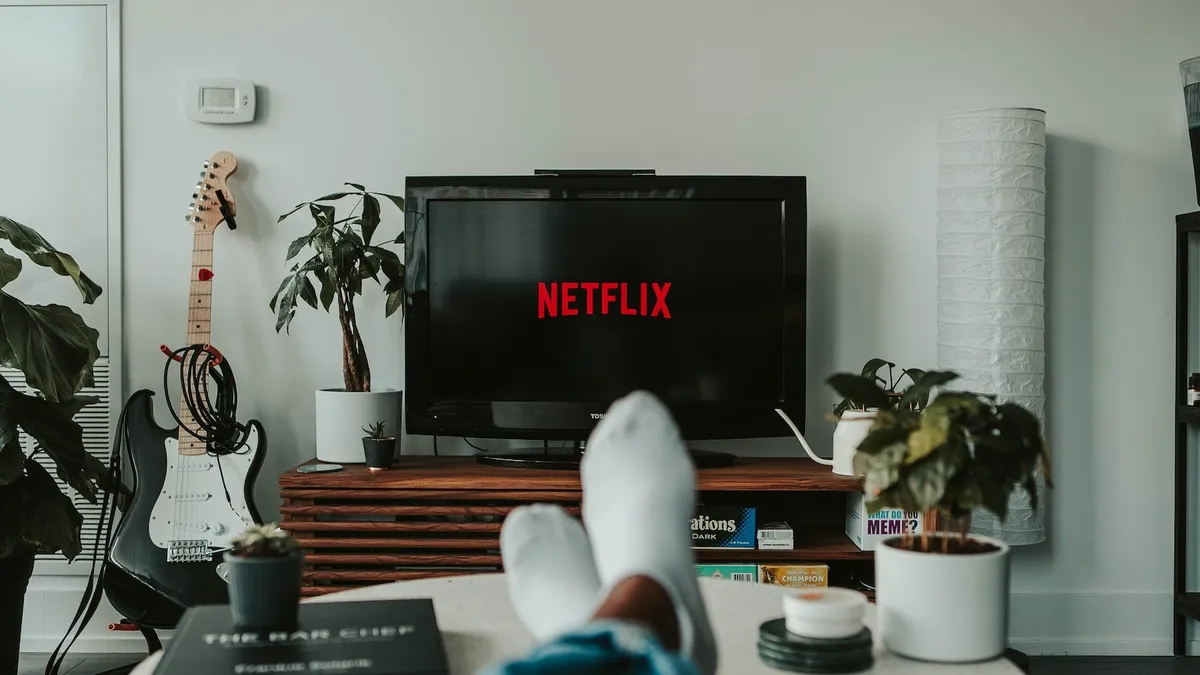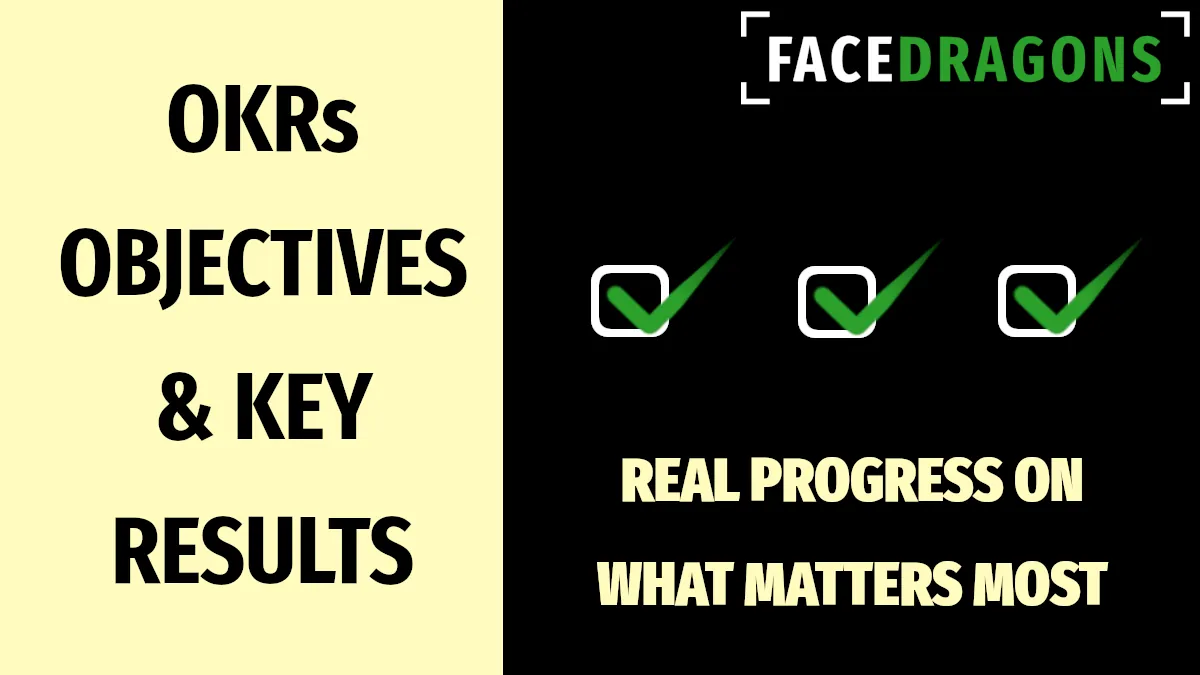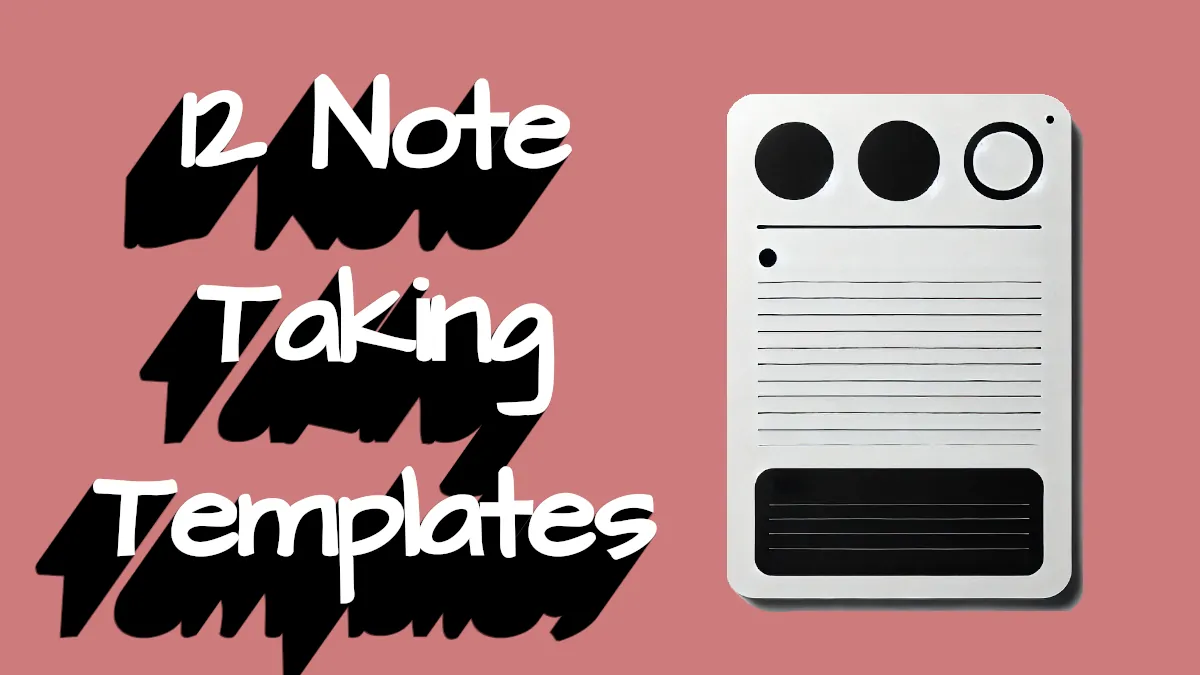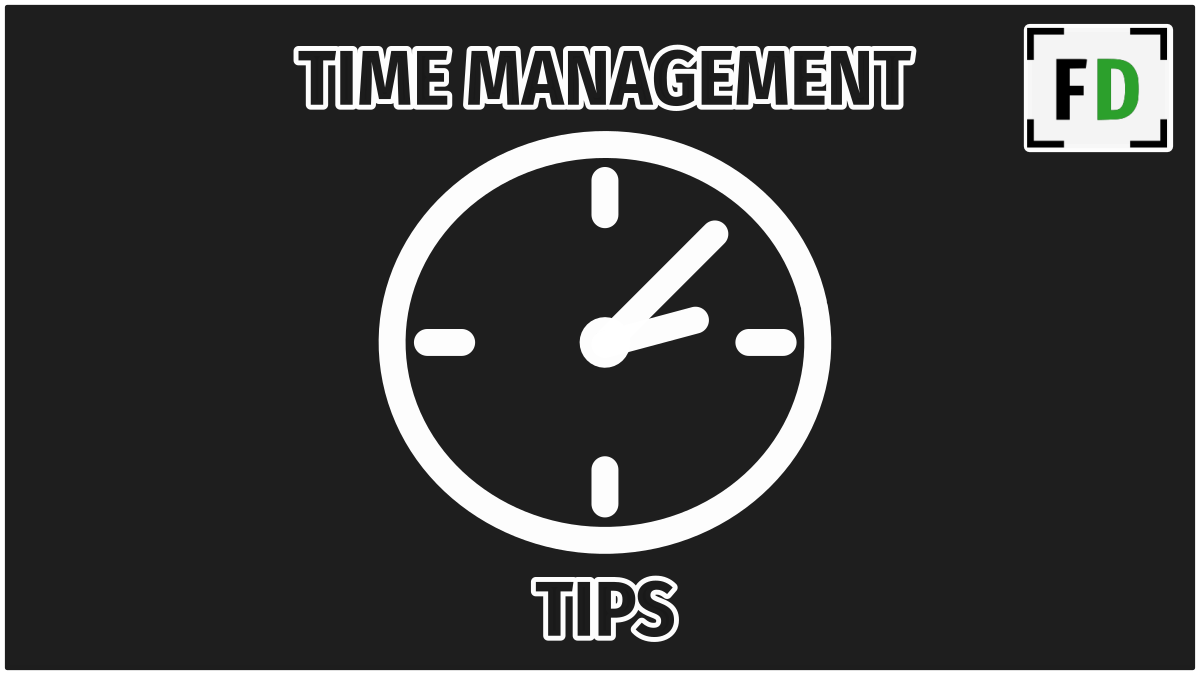Being unproductive is like a disease; it eats away at you and gets worse the longer you let it. Here at Face Dragons, we call it the Dragon of Inactivity. But being unproductive is more than just doing nothing; sometimes, you can be non-stop busy and still not productive. You need a roadmap to get you back on track today, but also one to help you become the most productive version of yourself in the future.
Here it is.
Table of Contents
- Figure Out Why You’re Unproductive Today
- Focus on Your Outcomes
- Focus on Getting Out of Your Head
- Focus on Food
- Focus on Sleep
- Focus on Caffeine
- Focus on You
- Adopt Productive Habits
Figure Out Why You’re Unproductive Today
The reason you’re distracted and wasting time being less productive today is likely the same reason you’ll be lazy and wasting time tomorrow. Figuring out the triggers for your current state will help you come up with a solution so you never need to deal with it again.
As I write this, I know I didn’t sleep well last night; I stayed up late and got too much blue light. After my first cup of coffee this morning (still in a zombie-like state), I wondered if I’d get anything worthwhile done today. But I quickly got myself back on track, and the first step was figuring out what’s in my way today.
There are lots of reasons you may be unproductive on any given day. It could be a one-off reason like my late-night or a pattern that you’ve fallen into and need a way out. Either way, sit and think about what is causing the Dragon of Inactivity to knock on your door.
- Bad quality sleep
- Hunger
- Low blood sugar
- Chronic lack of energy
- Having too many tasks each day
- One huge task takes up all your time
- You don’t know what to do
- You’re feeling overwhelmed at work with too many open loops
Once you figure out what’s causing you to be unproductive, you have something you can solve. That being said, building the following habits will give you the best chance of breaking out of unproductivity, taking control of your life, and feeling like the “master and commander,” as David Allen puts it, “with one eye on the horizon and a light touch on the helm.”
Because the cause of my unproductive morning was bad sleep, I used a strategy to combat it. What helped me boost productivity this morning and get myself out of that groggy state was three things, an extra cup of coffee, plenty of ice-cold water, and a banana.
But if you find yourself unproductive even on days when you sleep well, you need a different strategy. Find them below.
Focus on Your Outcomes
Use this if: You’re feeling stressed, burnout, or overwhelmed
Overwhelm and stress are a part of life. It will come sooner or later, so rather than trying to avoid it, you need a plan for when it hits so it doesn’t completely derail your personal productivity.
Of course, the solution depends on the cause of your stress. There are times when you will need to seek professional help to take time off or make significant changes in your life.
When you’re simply feeling overwhelmed with too many tasks than you can handle, there is a flow plan you can use which outlines the route you need to take to get yourself back to productive working again. The main benefit of this method is that you can see the progress you’re making, which motivates you to keep going and reassures you when you’re feeling down.
- I outline the entire method in this post about the solution to feeling overwhelmed.
Focus on Getting Out of Your Head
Use this if: You often ask yourself, “What should I do now?”
You need to set it in stone to give yourself the best chance of getting something done today.
There’s a reason historians know so much about early Egyptian culture and much less about the dynasties that followed – the early Egyptians wrote in stone, not papyrus.
When you have an idea of what you want to get done in your head, it’s still unspecified, and so is your commitment to do it. You can push it to one side when you hear the theme tune to your favorite show in the other room.
But there’s no ambiguity when you write down the tasks you will complete by the end of the day. Either you check them off, or that piece of paper sits on the table, making you feel guilty.
Writing a bunch of things down won’t make you want to do them any more than usual, but it is a commitment you probably won’t want to break.
Use these rules to make this work:
- Start small – Don’t write 20 things on your list! If you’ve been doing nothing productive recently, start with one task. You’ll know when you can add more.
- Order your list – Write a number beside each task so you know the order you will do them; this reduces the “what should I do next” mentality.
- Only write things you will get done – Avoid adding tasks you’d like to get done or write them in a separate section.
- Add any unfinished tasks to a new list tomorrow – Throw away yesterday’s list; that day has gone; only ever work off one list.
Focus on Food
Use this if: Your energy crashes or you always have low energy levels
As a university student, I never thought about food; it was just something I had to do each day to keep my going. The result was that I was tired and half absent from class; I still don’t know how I made it through.
At 21, I moved to China, and suddenly, I was top of my class. I could memorize things without trying, had the energy to study long hours after class, and was usually the only one contributing when asked by the professor. What changed?
Back home, I mostly ate butter on toast; it was cheap and helped me save money. But in China, I ate in restaurants every day. I was getting a balanced meal of carbs, protein, and veggies for the first time in years, and so I felt great.
I wasn’t counting calories or checking macros, and I wasn’t even eating particularly healthily, but the difference was startling.
So start by asking yourself, do you have a junky diet?
If you do (by your own standard), it is making you unproductive.
Start by just improving it simplistically:
- Reduce the junk
- Eat more healthy stuff
Don’t worry about following a diet or what is healthy and what isn’t. Look at the food and ask yourself, “Is this junk?” Do this for a month or two, and you will feel the difference, and then you’ll have the motivation and energy to find a diet that does more for you. (In case you’re wondering, the ketogenic diet was the biggest productivity boost I’d ever had.)
Focus on Sleep
Use this if: You wake up still tired or just don’t feel refreshed.
Joey Schweitzer from the Better Ideas YouTube Channel recently made a video detailing a sleep study he did on himself. His channel focuses on willpower and productivity, so going into the study, he knew that sleep played an essential role in energy management and productivity. The first line of the video is, “You’ve heard your whole life that you should get 8 hours of sleep.” But even he was shocked by the results.
For the study, he used a sleep-tracking bed by Sleep Number to track his sleep and recorded how he felt each day. At the end of the 30 days, he checked the data from Sleep Number and compared it to how he felt.
The results showed what we all know: better sleep equals better mood. But the consistency was shocking; every time he had slightly lower quality sleep, his mood suffered, and every time he woke up bursting with energy and got lots done, it was after a high-quality night’s sleep.
Even his speech was noticeably slower on days when he got less sleep.
The results speak for themselves; if you don’t prioritize your sleep, you will be a worse version of yourself. You know what to do:
- Reduce screen time before bed
- Sleep 8 hours
- Don’t eat or drink an hour before bed
- Create a cool, dark, and silent environment for the best sleeping conditions
Focus on Caffeine
Use this if: Caffeine no longer works for you or you feel tired even after drinking coffee.
Like it or not, caffeine is a productivity drug. It makes you more productive. If you use caffeine well, you’ll get more done, but if you use it badly, you’ll feel tired and drained all day.
Feel like taking a nap? Coffee will recharge you.
Using coffee to boost your energy levels for increased productivity is beneficial, but if you’re using it to stave of tiredness, you’re probably better off just going to sleep. An occasional late night with the help of coffee won’t be the end of the world, but you’ll feel worse the next day, and guess how you’re going to fix that? Yep, with coffee.
If you use coffee badly, it quickly becomes a vicious cycle, so use these rules to keep your daily productivity mug of coffee just that. For more of the science behind caffeine and how to best use it, check out this podcast where Andrew Huberman PhD explores the research.
- Don’t drink coffee for the first hour after waking
- Limit yourself to two cups a day
- Don’t drink coffee after midday
- If you’re tired, sleep!
Focus on You
Use this if: You are constantly interrupted or distracted, and your productivity at work or home suffers.
When do you ever get the chance to ignore the world and focus on yourself and doing your best work?
Monk mode is a popular method people are using to become highly productive for a short period of time, giving themselves a distraction-free environment to accomplish a goal or project. It’s the best way to maximize your productivity quickly.
This guide on Monk Mode will tell you everything you need to know, but if you want to get started now, here are the basics:
- Say no to socializing
- Reduce interruptions by telling whoever you live with not to disturb
- Use a to-do list or time management strategy to improve your productivity
- Turn off all phones and devices
- Find ways to work more efficiently, such as delegating or purchasing better tools
Adopt Productive Habits
I hope you make it through the day with some solid work done to improve your life. If so keep the momentum going by building productive habits. Check these posts out for ideas.










